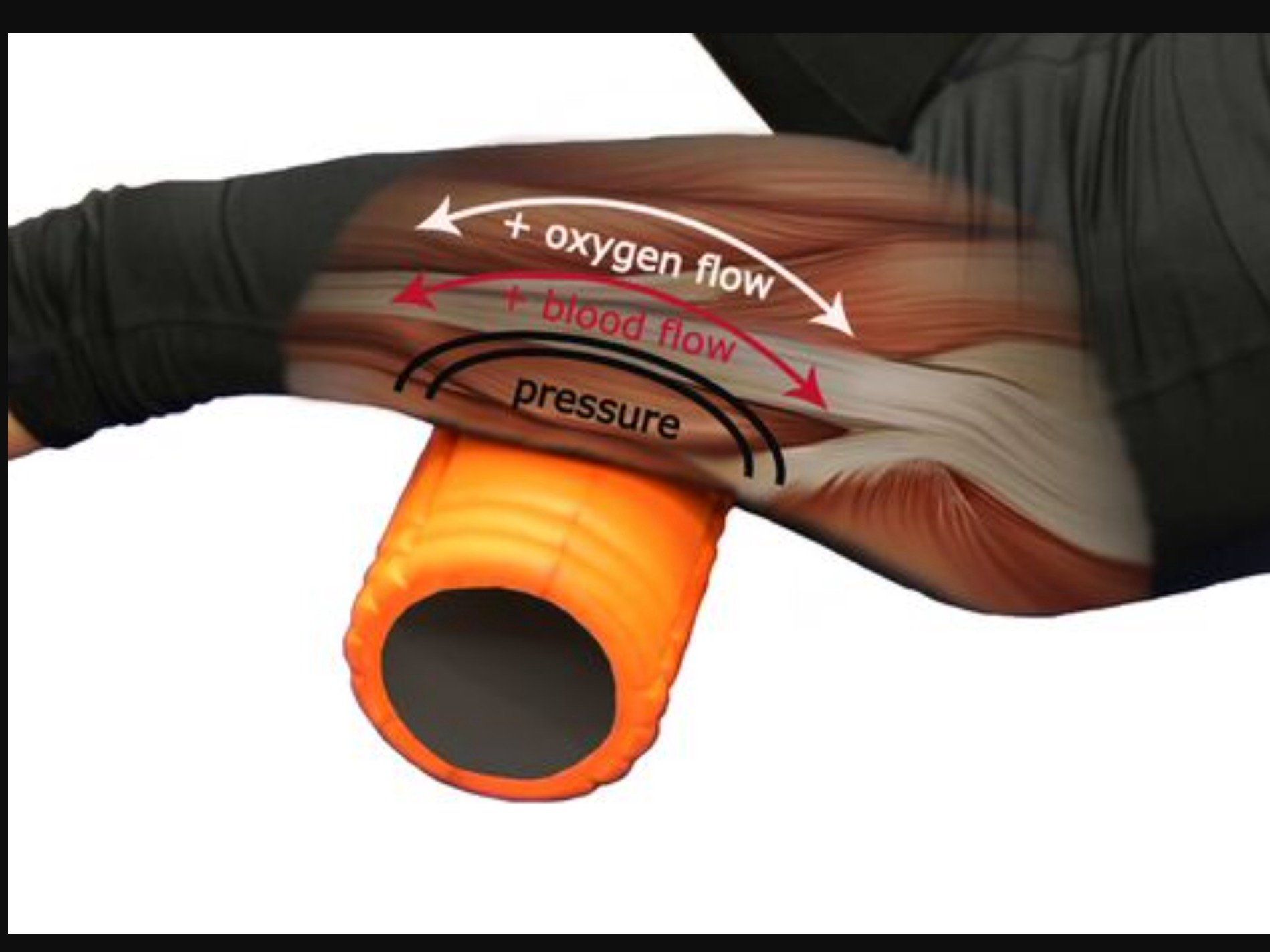BE ABOUT IT

My time at Harvard completing my last Physical Therapy Clinical is coming to a close. Although it has flown by, I have gained a lot of experience and knowledge from working with the athletes and clinicians. One concept that has been a cornerstone of treatment for our athletes at Harvard has been a preventative technique used quite often at CPC – That’s right, I’m talking about
Triggerpoint Myofascial Compression Technique (MCT). While most of you were hoping for the day we phased out this torturous technique, don’t hold your breath, MCT isn’t going anywhere anytime soon. What sets MCT apart from traditional foam rolling on an ideological level is the addition of muscle movement WHILE moving along a foam roller or quad baller. Lengthening/Shortening the muscle while adding compression is a technique used in effective forms of soft tissue massage (STM) for rehabilitation – and can also be used as a preventative measure.
Simply put, we develop adhesions when we work out that we typically refer to as knots. When we work out, depending on the style and intent, we “injure” muscles to stimulate the body to repair itself with the goal of making stronger more efficient neuromuscular and musculoskeletal links. Due to improper recovery strategies (rest, eating, sleeping, work life) the repair doesn’t always go to plan, and the repair process may result in adhesions in an attempt to make the structure stronger. These adhesions affect muscle length just as though a knot would affect the length of a rope. This alteration in physiology can alter the functionality of the muscle and eventually directly or indirectly result in an injury.
MCT provides individuals with the capability to prevent an injury rather than treat one after the occurrence. Treating an injury can be costly and time consuming – not to mention the impact it has recreationally and on your quality of life. When you invest 10 minutes into MCT and mobility you decrease the likelihood of injury and promote muscle synthesis and repair. It will always be more beneficial to prevent an injury rather than to treat one.
Medicine as a whole is making a change towards focusing on prevention. At CPC, we aim to do the same emphasizing functional movement patterns as well as MCT. Ask a coach at CPC about MCT to ensure you stay on the prevention side of things.


